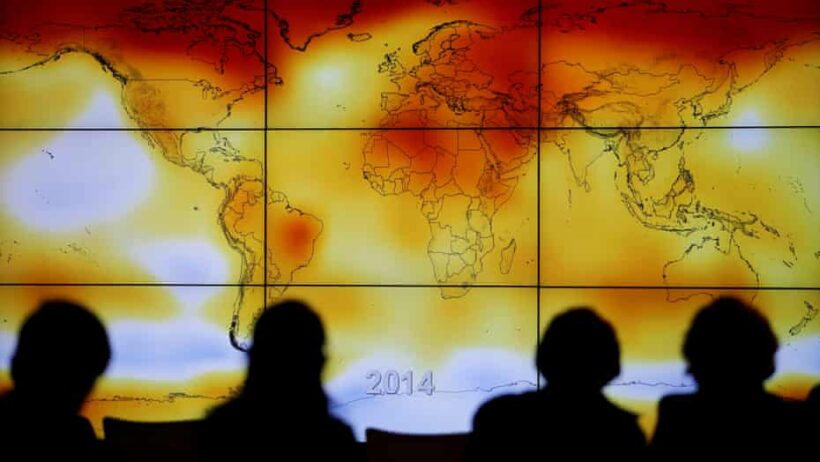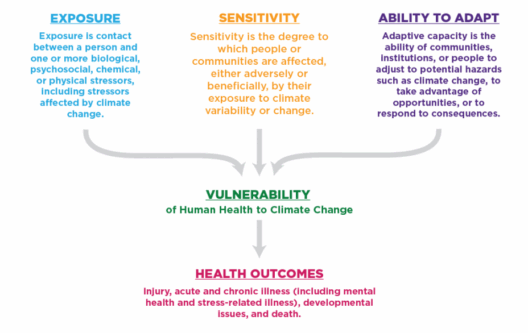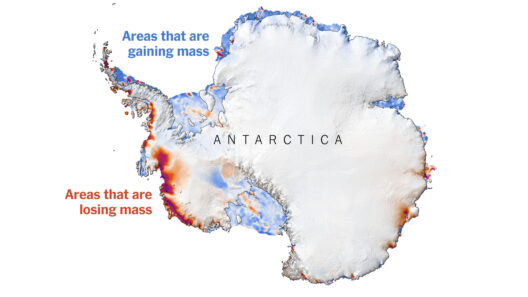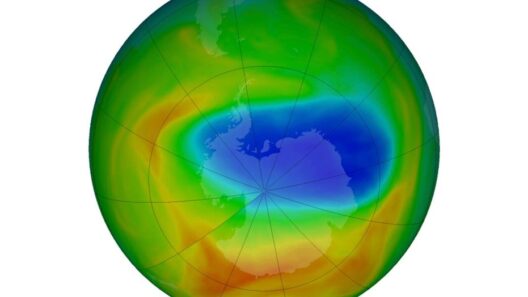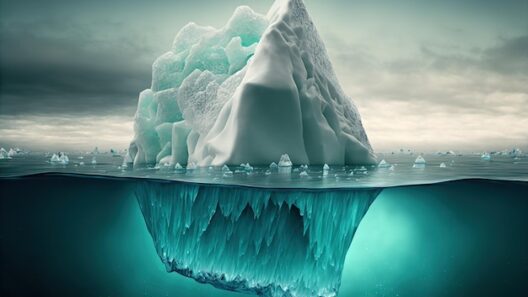The discourse surrounding climate change has intensified in recent years, creating a battleground where science and ideology often clash. The narrative of human-caused global warming, prominently championed by various environmental organizations and scientific bodies, has met with staunch opposition from those who propose an alternative perspective. This brings us to the question: is the notion that anthropogenic factors are driving climate change rooted in solid science, or is it merely a captivating spin? To unpack this, we must tread carefully, dissecting arguments and evaluating evidence.
At the core of the debate lies a vast array of data. Proponents of human-caused climate change assert that increased levels of carbon dioxide (CO2) due to fossil fuel combustion and deforestation are the culprits behind the rising global temperatures. They liken the Earth’s atmosphere to a greenhouse, where the buildup of greenhouse gases traps heat, leading to what many describe as an impending climate crisis. This metaphor, while compelling, begs scrutiny. Can a complex system, such as Earth’s climate, be reduced to an oversimplified model?
Critics argue that the climate is intrinsically variable, subject to a myriad of influences beyond human activity. Historical climate models have indicated that Earth has undergone significant temperature shifts prior to the industrial era. The argument posits that natural phenomena—solar variations, volcanic eruptions, and oceanic cycles—possess substantial power to alter climatic conditions. Here lies an intriguing juxtaposition: when discussing climate change, is the focus too heavily placed on modern human influences while dismissing the rich, tumultuous history of Earth’s climate evolution?
In the synthesis of climate science, the role of natural cyclical patterns cannot be overstated. For instance, the Milankovitch cycles—variations in Earth’s orbit and axial tilt—have historically triggered shifts towards glacial and interglacial periods. Such fluctuations suggest that climate change may not be solely a function of contemporary human activities, but rather a part of Earth’s natural rhythm. Recognizing these patterns raises alarm bells about the validity of solely assigning blame to humanity.
There is also an element of discourse that veers into the realm of sensationalism. The representation of climate science in mainstream media often oscillates between the pragmatic and the melodramatic. Headlines touting apocalyptic scenarios—flooded cities, mass extinctions, and raging wildfires—serve a dual purpose: to galvanize public action and to secure funding for environmental initiatives. This method, however, can obscure the rational analysis of scientific data, blurring the lines between informed beliefs and emotionally charged rhetoric.
Moreover, a critical examination of climate models unveils potential discrepancies. Many climate models, devised by esteemed organizations, have demonstrated an overreliance on certain variables while neglecting nuances that come into play. For example, the use of historical temperature data may offer challenges—variations in data accuracy from different sources can significantly skew results. Such discrepancies invite skepticism regarding the reliability of predicted warming scenarios. If scientific projections hinge upon models that may not fully encapsulate the entirety of climatic dynamics, are they wholly credible?
Further complicating the narrative is the mention of the ‘climategate’ scandal, a series of events that unveiled the underbelly of climate science. Emails between prominent climate scientists were hacked, revealing dialogues that suggested manipulation of data to align with specific conclusions. This incident has been leveraged by those who contest the human-induced climate change paradigm, arguing that it indicates intellectual dishonesty within the scientific community. Such breaches of trust challenge public confidence in climatic assertions, warranting a critical assessment of relegating the entirety of climate discourse to a single narrative.
As we ponder the implications, it’s essential to consider the veneration of consensus in scientific fields. ‘The science is settled,’ as often stated, sounds definitive and resolute; yet, science thrives on inquiry. Open discourse is foundational to scientific advancements. The contention surrounding climate change, rather than being a divisive fracture, could serve as an impetus for richer dialogues—challenging prevailing theories and refining our understanding of climate dynamics. Is it not the hallmark of scientific achievement to question, analyze, and, if necessary, recalibrate our understanding of complex phenomena?
What emerges from this critical interrogation of the human-caused climate change narrative is a duality of perspectives. On one side lies a body fervently advocating for the recognition of human responsibility in climate change; on the other rests a cadre of skeptics who urge for broader contemplation of natural forces at play. The truth of climate science may not dwell in absolutes but rather in a nuanced understanding that incorporates both anthropogenic and natural elements.
Ultimately, the quest for climate understanding calls for an intellectual exploration, a navigational journey through a landscape rich in data, history, and discourse. To anchor ourselves to a singular viewpoint, devoid of exploration, risks skewing our understanding of the planet we inhabit. It is through this grappling with complexities that we may find grounded solutions, ones that respect both the role of humanity and the undeniable power of nature’s cycles.
The future of our planet rests on our capacity to engage in thoughtful discourse, moving beyond binaries. By cultivating an environment rich in dialogue, we may not only challenge prevailing narratives but also engender a deeper comprehension of the intricate tapestry of Earth’s climate system. Is the narrative of human-induced climate change settled science, or a spin crafted for urgency? Only through continued investigation and engagement can we hope to discern the answer.



